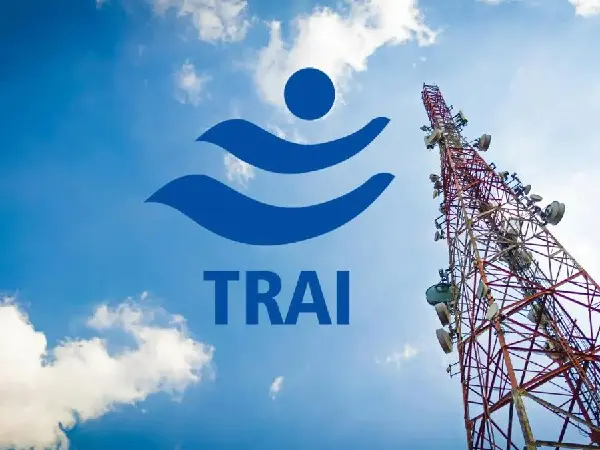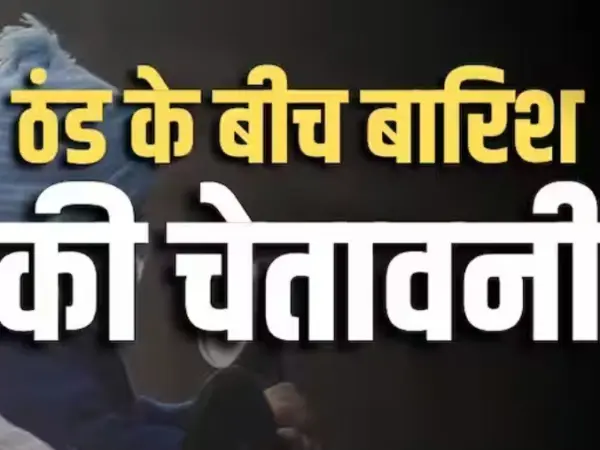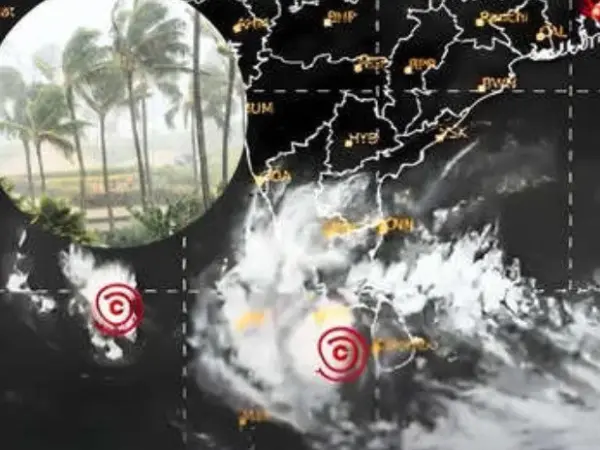Union Finance Minister Nirmala Sitharaman recently addressed the media after the 53rd GST Council Meeting, held at the National Media Center in New Delhi. One of the significant topics discussed was the inclusion of petrol and diesel under the Goods and Services Tax (GST).
The central government has expressed its clear intent to bring these essential fuels under GST, but the final decision lies with the states. This article delves into the implications of this potential move, the current tax structure on fuels, and key outcomes from the GST Council meeting.
The Call for Inclusion under GST
Central Government’s Intent
During the post-meeting briefing, Finance Minister Nirmala Sitharaman emphasized the central government’s longstanding intent to include petrol and diesel in the GST framework.
She referenced the original vision set forth by former Finance Minister Arun Jaitley when GST was introduced, highlighting that the goal was to eventually have these fuels taxed under GST.
Sitharaman stated, “The intention of the GST as it was brought in by former finance minister Arun Jaitley is to have the petrol and diesel in GST.”
States’ Role
Despite the central government’s clear stance, the inclusion of petrol and diesel under GST requires the consensus of the states. Sitharaman noted, “It is up to the states to decide and come together and get petrol and diesel into GST.” This statement underscores the cooperative federalism model of GST, where states play a crucial role in decision-making processes.
Current Tax Structure on Fuels
VAT, Central Excise, and Central Sales Tax
Presently, petrol and diesel are taxed outside the GST regime. Instead, these fuels are subject to Value-Added Tax (VAT), central excise duty, and central sales tax.
This multi-layered tax structure leads to significant price variations of petrol and diesel across different states, influenced by varying VAT rates imposed by state governments.
Price Variations
Due to the current tax structure, petrol and diesel prices fluctuate from state to state. These variations often lead to complexities for consumers and businesses alike, affecting the overall economic landscape. Standardizing the tax under GST could potentially harmonize prices across the country, offering a uniform tax rate.
Key Announcements from the 53rd GST Council Meeting
Reduction in GST on Carton Boxes
One of the notable decisions from the 53rd GST Council Meeting was the reduction of GST on all kinds of carton boxes from 18% to 12%. This decision is particularly beneficial for Himachal Pradesh’s apple horticulturists and related industries.
Compliance Relief for Taxpayers
The meeting also aimed to ease compliance burdens for small and medium taxpayers. Measures were introduced to simplify procedures and reduce the compliance load, making it easier for businesses to adhere to GST regulations.
Monetary Limits for Tax Department Appeals
New monetary limits were set for tax department appeals:
- ₹20 lakh for GST Appellate Tribunal
- ₹1 crore for the High Court
- ₹2 crore for the Supreme Court
The tax department generally will not appeal if the amount is below these thresholds, reducing unnecessary litigation.
Other Key Decisions
- The maximum pre-deposit amount for filing an appeal has been reduced to ₹20 crore for both CGST and SGST.
- Services provided by Indian Railways, like platform tickets and retiring rooms, are exempted from GST.
- Hostel accommodation services outside educational institutions are exempt from GST if the cost is up to ₹20,000, applicable for stays up to 90 days, benefiting students and the working class.





